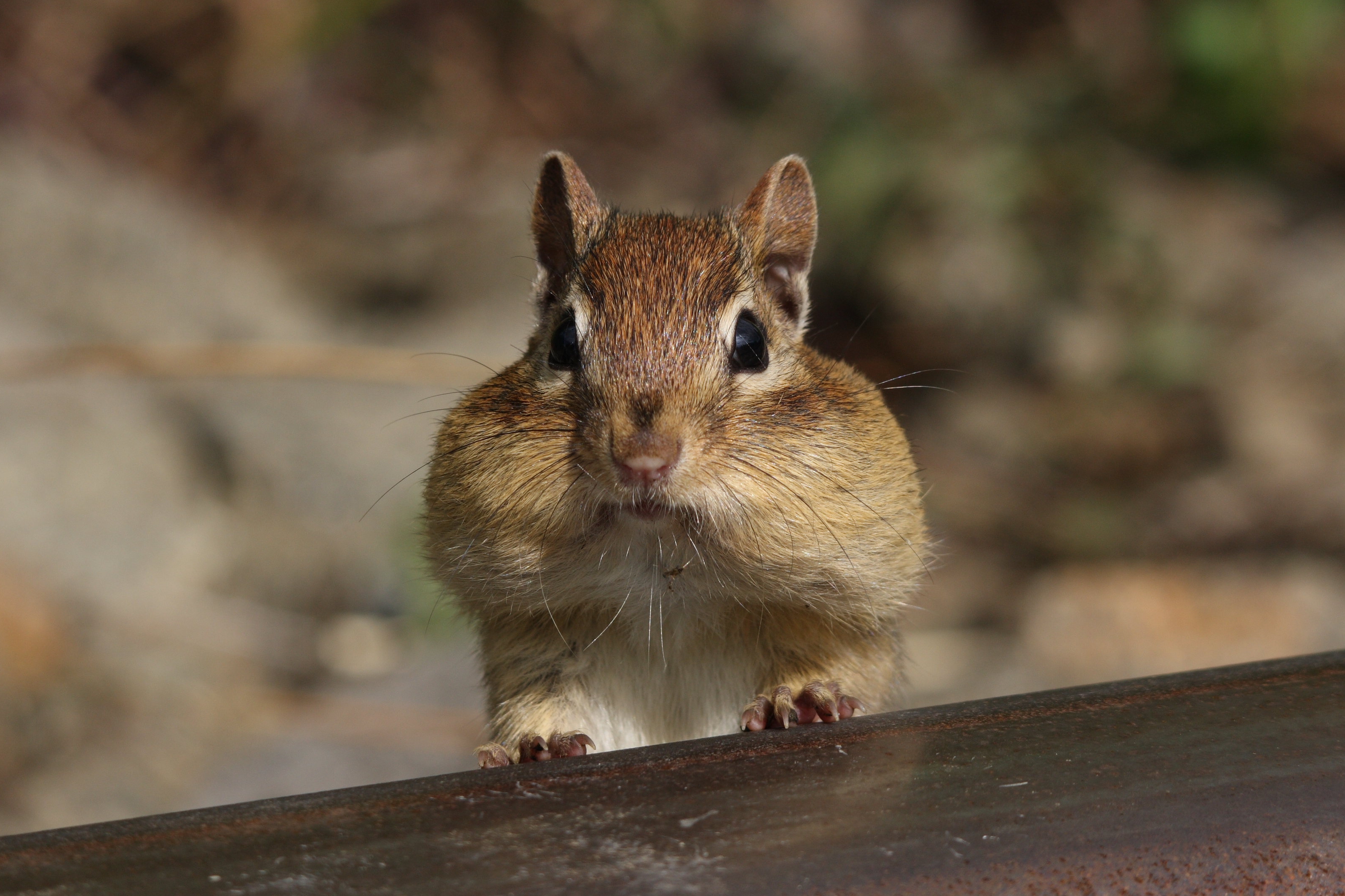There’s No Evidence Fireworks Kill Baby Animals

Credit to Author: Caroline Haskins| Date: Wed, 03 Jul 2019 20:29:06 +0000
Every year, without fail, a viral tweet will claim that animal parents abandon their babies because of fireworks. However, there’s no scientific evidence to back up this claim.
Adriaan Dokter, an ecologist studying birds at the Cornell Lab of Ornithology, said in an email that it’s extremely difficult to verify if nesting birds and mammals actually abandon their babies during firework displays.
“What I’ve learned from studying the disturbance response of birds to fireworks in Europe with radar is that large numbers of birds take off during the lighting of fireworks, but this study was in the winter in areas with large numbers of waterbirds,” he said. “I’m not aware of any study that shows fireworks [cause birds to] leave their nests, but I also cannot exclude the possibility that this may occasionally happen.”
There’s only anecdotal evidence that supports claims that fireworks cause wildlife mothers to abandon their babies. The West Sound Wildlife Shelter, a nonprofit hospital in Washington state, says that when there are fireworks in the area, the shelter receives an influx in calls reporting wildlife in “unusual areas,” such as the streets.
“Other documented effects include nesting birds and other small mammal parents abandoning their nests leaving their defenseless babies behind,” the website says. “The panic can sometimes cause so much disorientation that wildlife parents cannot locate their nests and their babies die.”
There’s also an isolated incident in which thousands Arkansas blackbirds crashed to their deaths after illegal firework display, which by assumption also left many baby blackbirds behind.
However, there are no scientific studies that support the assertion that wildlife abandon their babies after being startled by fireworks, and Dokter said he was skeptical that this is a widespread phenomenon.
With that being said, if you find a hurt bird or animal, or in some place it definitely shouldn’t be, call your local wildlife shelter or Animal Control department.
This article originally appeared on VICE US.